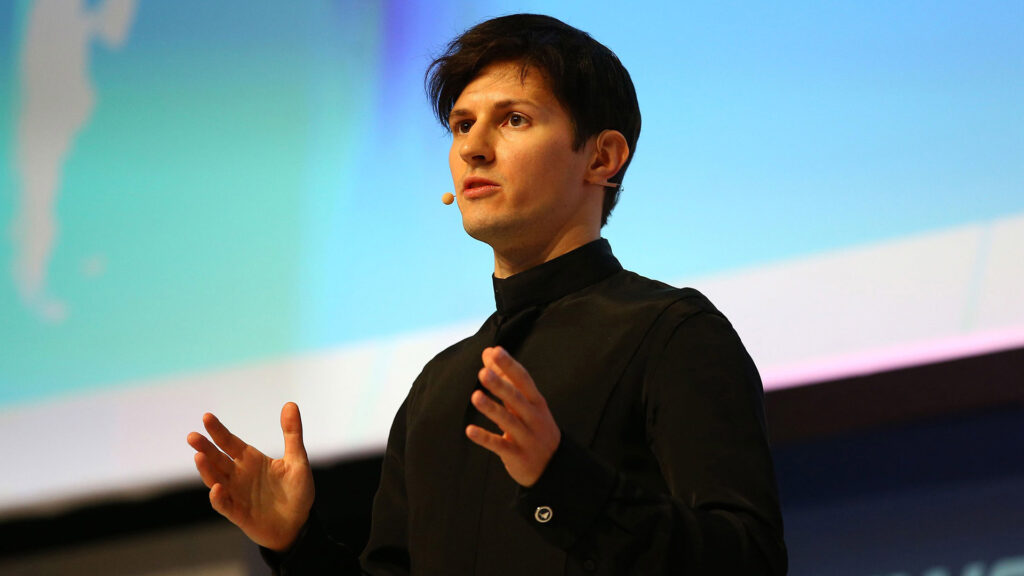
Newsletter Subscribe
Enter your email address below and subscribe to our newsletter

Enter your email address below and subscribe to our newsletter

As Telegram's Pavel Durov faces legal scrutiny in France, the case highlights the challenges of balancing digital freedom and state security.
PARIS – Pavel Durov, the enigmatic founder of Telegram, was detained at Le Bourget airport outside Paris, sparking significant international attention and concern.
Known for his staunch defense of free speech and digital privacy, Durov’s arrest has brought to the forefront questions about the responsibility of platform owners in moderating content and the broader implications for freedom of expression in Europe.
Durov, who has dual citizenship in France and the United Arab Emirates, was detained as part of a preliminary investigation into Telegram’s alleged role in enabling criminal activities.
French authorities are probing claims that the platform, due to insufficient moderation, has become a hotbed for illegal activities, ranging from organized crime to fraud. The investigation is being led by France’s national anti-fraud police unit and a cybersecurity gendarmerie unit, with an investigative judge specializing in organized crime at the helm.
The arrest has elicited strong reactions globally. The Kremlin has expressed its concerns, with spokesman Dmitry Peskov noting that no formal accusations had been made public, leaving the nature of the charges unclear.
Meanwhile, Elon Musk, owner of X (formerly Twitter), criticized the arrest as an attack on free speech, highlighting the ongoing tension between tech entrepreneurs and government authorities in Europe.
In a statement released shortly after Durov’s detention, Telegram emphasized that the company abides by European Union laws and maintains industry-standard moderation practices.
The company defended Durov, asserting that it is unreasonable to hold a platform owner responsible for the misuse of the platform by its users. Telegram reiterated its commitment to improving its services and called for a prompt resolution of the situation.
Durov’s arrest underscores the increasingly complex relationship between technology platforms and regulatory authorities. As platforms like Telegram gain influence, particularly in regions with limited freedom of expression, governments are grappling with how to enforce laws without infringing on fundamental rights.
Durov’s situation is emblematic of this struggle, raising critical questions about the balance between digital privacy, platform responsibility, and state security.
Pavel Durov’s journey from Russia to France is marked by his libertarian views and commitment to digital freedom. After refusing to comply with Russian government demands to shut down opposition communities on his VK social media platform, Durov left Russia in 2014.
He later founded Telegram, which has since grown to nearly one billion users, making it one of the most influential platforms globally. Despite his success, Durov has faced ongoing pressure from various governments, which he has resisted, maintaining that Telegram should remain a neutral platform.
Durov’s arrest has not only placed him at the center of a legal battle but also reignited the debate over the role of technology companies in moderating content.
As governments continue to navigate the complexities of digital regulation, the outcome of Durov’s case could set a significant precedent for the future of online platforms and free speech.